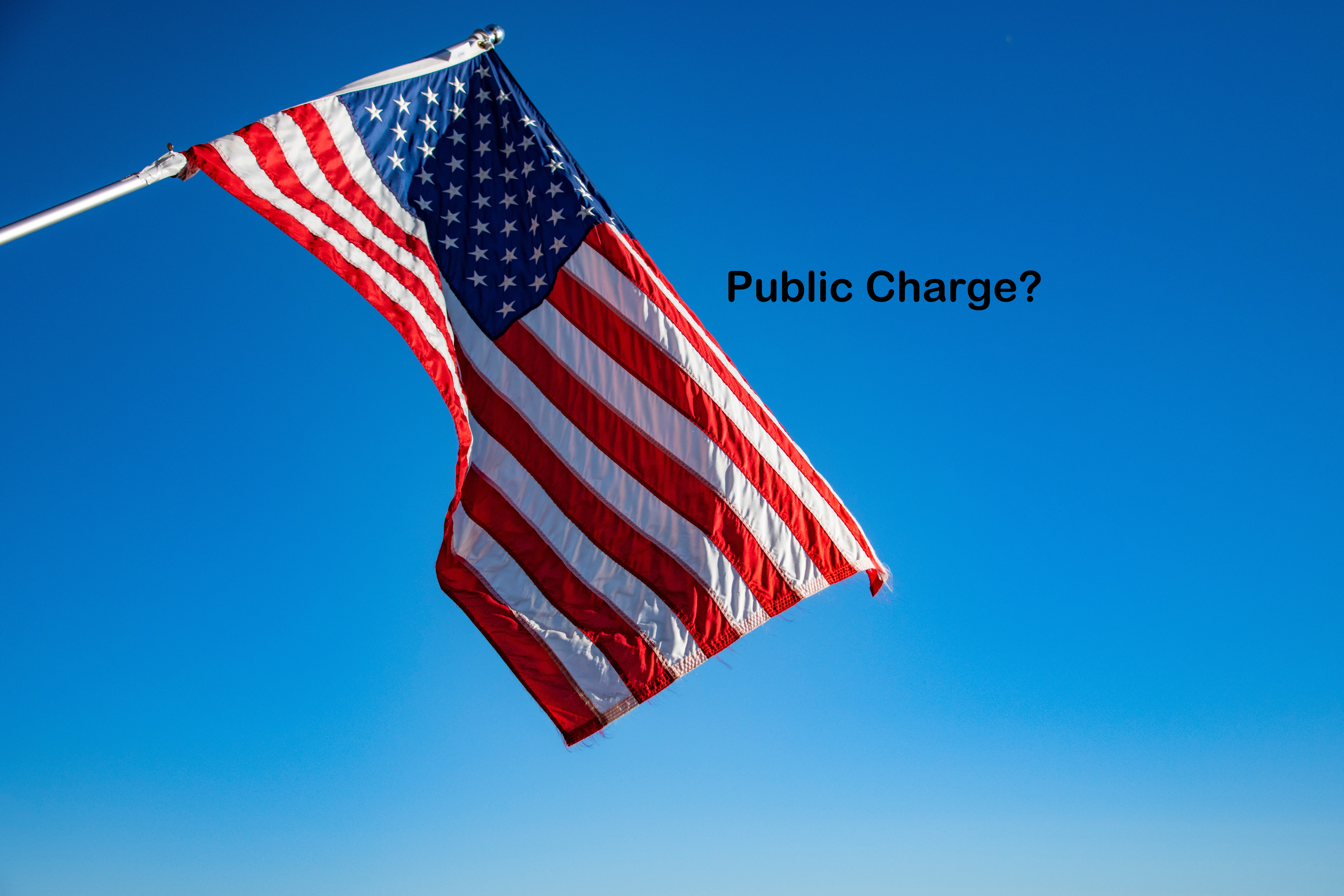
Public Charge Rule goes into effect
Last year, the Department of Homeland Security wanted to add another ground of inadmissibility for green card applicants. The infamous Public Charge rule. The rule was to take effect on October 15, 2019. However, before the regulation took effect, several nationwide injunctions halted its implementation. Now, on January 27, 2020, the U.S. Supreme Court granted the administration’s request for a stay of the nationwide injunction against it. This means that the public charge rule will be allowed to go into effect nationwide as of February 24, 2020, while litigation on the merits continues, except for in Illinois, where a statewide injunction against the rule remains in effect as of today.
Please know that it will only apply to applications and petitions postmarked (or submitted electronically) on or after February 24, 2020 and will only apply to public benefits received on or after February 24, 2020. DHS will not consider a foreign national’s application for, certification or approval to receive, or receipt of certain non-cash public benefits before Feb. 24, 2020.
USCIS will post updated forms and submission instructions on the USCIS website during the week of Feb. 3, 2020, to give applicants, petitioners and others time to review updated procedures and adjust filing methods.
Summary of Rule
The DHS final rule dramatically changes the standard by which DHS determines whether an applicant for adjustment of status or admission is “likely at any time to become a public charge” and therefore inadmissible to the United States (note that some noncitizens, such as asylees and refugees, are exempt from public charge determinations). Under the rule, USCIS redefines public charge as a noncitizen who receives or is likely to receive one or more of the specified public benefit, for more than 12 months in the aggregate within any 36-month period (such that, for instance, receipt of two benefits in one month counts as two months).
A public benefit in turn is defined as:
- Any federal, state, local, or tribal cash assistance for income maintenance, including:
a) Supplemental Security Income (SSI), 42 U.S.C. 1381 et seq.;
b) Temporary Assistance for Needy Families (TANF), 42 U.S.C. 601 et seq.;
c) Federal, state, or local cash benefits programs for income maintenance (often called “General Assistance” in the State context, but which also exist under other names); - Supplemental Nutrition Assistance Program (SNAP), 7 U.S.C. 2011 to 2036c;
- Section 8 Housing Assistance under the Housing Choice Voucher Program as administered by HUD under 42 U.S.C. 1437f;
- Section 8 Project-Based Rental Assistance (including Moderate Rehabilitation) under Section 8 of the U.S. Housing Act of 1937 (42 U.S.C. 1437f);
- Medicaid, with certain exceptions, such as benefits received by individuals under the age of 21 and pregnant women (or for a period of 60 days after the last day of pregnancy); and
- Public housing under section 9 of the U.S. Housing Act of 1937
A sufficient affidavit of support will not be outcome-determinative as to whether an individual is likely at any time in the future to become a public charge. Rather, to make that assessment, USCIS adjudicators will apply a complex totality of circumstances test that weighs the alien’s age; health; family status; education and skills; and assets, resources, and financial status, taking into account a broad range of positive and negative factors. “Likely at any time” is to mean that it is “more likely than not” that the individual at any time in the future will receive one or more public benefits as defined by the rule.
One heavily weighted negative factor is an applicant’s receipt of one or more of the specified public benefits for 12 or more months in the aggregate within any 36-month period, beginning no earlier than the 36 months prior to the application for adjustment of status or adjustment. Critically, however, DHS will not regard as a negative factor the receipt of specified benefits prior to the rule’s effective date, with the exception of cash assistance and long-term institutionalization benefits that DHS already considers relevant to the public charge determination under current policy.
Under the final rule, DHS will also conduct a more limited public charge determination of nonimmigrants seeking a change or extension of status, by removing the future-looking requirement of the public charge determination, and only considering whether the noncitizen has received designated benefits for more than 12 months in the aggregate within a 36-month period since obtaining the nonimmigrant status they seek to change from or extend, through the adjudication of that request.
Consequences of Rule
The DHS final rule, which is vastly more restrictive than current policy, could result in significantly higher USCIS denial rates of adjustment of status applications subject to public charge determinations. Moreover, the multi-factor test will leave substantial discretion to adjudicators and could produce inconsistent and unpredictable decision-making. Additionally, the rule will prove burdensome for the public and DHS alike. It requires that adjustment applicants subject to public charge determinations prepare and submit lengthy Form I-944, Declaration of Self-Sufficiency, with their adjustment filings.
USCIS’s review of hundreds of thousands of these new forms each year will further slow the agency’s already severely delayed case processing.
The rule will also compound the chilling effect felt throughout immigrant communities following publication of DHS’s proposed public charge rule in 2018. A recent Urban Institute Study found that about 14% of adults in immigrants families disclosed that that they or a family member opted not to participate in a non-cash public benefit program in 2018 due to concern over jeopardizing their green card eligibility. The final rule will likely deter even greater numbers of individuals from obtaining vital medical assistance and meeting other basic needs, even when receipt of the benefits in questions is not penalized under the rule.
